Are Electrolyte-Loaded Sports Drinks Healthy: An Understanding
Oct 11, 2024 By Isabella Moss
Athletes and gym buffs love electrolyte-loaded sports beverages. These drinks are meant to replenish lost important electrolytes during vigorous physical exercise. Are they, however, essential for everyone? Although they help during long or intense workouts, they might not be as beneficial as they look for regular hydration.
Many sports drinks raise questions about their effect on general health since they include strong amounts of sugar and synthetic components. Knowing the actual intent of electrolyte-loaded sports drinks will enable you to determine whether they are appropriate for you. We will review their advantages and drawbacks and determine if they are a sensible hydration source.
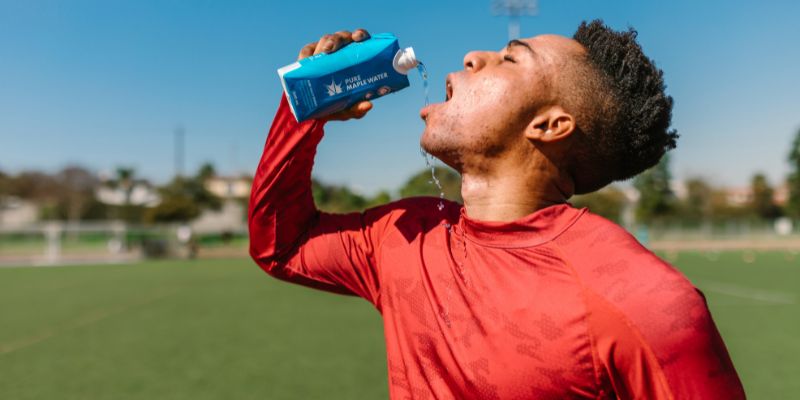
What Are Electrolyte-Loaded Sports Drinks?
These minerals preserve fluid balance, muscle action, and nerve messages. Consuming these drinks helps restore balance, as you lose electrolytes through sweat during intense workouts or sports. Most sports drinks also include sugar to offer a rapid energy boost. But this can result in needless calorie consumption, particularly if taken outside of a workout. Many kinds are heavy in Sugar, which could cause blood sugar to increase. Those trying to keep a balanced diet would find this unacceptable.
Before depending on sports drinks, evaluate your particular demands. Although athletes and others under harsh conditions may require these beverages, the normal individual can acquire electrolytes from a balanced diet. These key minerals are natural sources of fruits, vegetables, and dairy products. Sports beverages might not always be essential then.
The Role Of Electrolytes In The Body
Many body processes depend critically on electrolytes. They hydrate you, preserve acid-base equilibrium, and assist in controlling nerve and muscular activity. Key roles in regulating fluid balance are sodium and potassium; magnesium and calcium help muscles function and bone health.
Electrolytes are lost when you sweat during exercise. If they are not replaced, you may suffer from muscle cramps, tiredness, and vertigo. Extremely rare electrolyte abnormalities might cause major medical problems, including heat stroke or dehydration.
Water is typically enough to keep you hydrated for daily activities or modest exercise. You might not have to worry about replacing electrolytes with sports drinks unless you do high-intensity or endurance activities for over an hour.
Are Sports Drinks Necessary For Hydration?
Water is still the greatest option for most people's hydration. Sports beverages are meant for people engaged in extended, vigorous physical activity. Athletes or anyone working out in hot and humid environments could gain from the electrolyte increase in these drinks. For the typical person, though, regular water is sufficient to keep hydration in line.
Sports drinks' extra sugars and synthetic components make them less fit for daily use. Many of these beverages have significant amounts of Sugar and sodium, which, if taken often, can aggravate health issues such as weight increase or high blood pressure. Understanding what you are taking into your body depends on reading labels.
It's also important to remember that drinking sports beverages when not actively exercising can lead to too high-calorie intake without any genuine advantage. Other connected health problems and weight increases may follow from this. Staying with water is usually best unless you're an athlete or involved in long-distance sports.

Health Concerns Of Electrolyte Drinks
Although Natural electrolyte drinks have certain uses, they are not without flaws. The great sugar concentration in many commercial sports drinks raises one of the main issues. Frequent sugary drink drinking can cause tooth issues, type 2 diabetes, and weight rise.
Certain electrolyte beverages can include synthetic flavors and colors, which might not fit a clean eating diet. Those attempting to cut back on processed ingredient intake could avoid these beverages. For those keeping track of their calorie count, some electrolyte drinks have more calories than one would think from a drink.
Another possible problem is excessive sodium intake from sports drinks, especially for those on a high-sodium diet already. That raises blood pressure and increases the heart disease risk. You should thus consider when and how often you should drink these beverages.
Natural Alternatives To Sports Drinks
Natural choices abound for individuals looking for a better substitute for commercial sports drinks. A popular option is coconut water, which naturally includes electrolytes, particularly potassium. Compared to most sports beverages, coconut water has low calories and sugar content, making it a better choice for hydration.
Another choice is to make your own electrolyte drinks. A balanced, low-sugar sports drink can be made by combining water, a little sea salt, and some natural fruit juice, such as lemon or orange. This do-it-yourself method lets you choose the components and steer clear of synthetic additions.
Another approach to maintaining balance without sipping sports beverages is eating meals high in electrolytes. Avocados, spinach, and bananas are great sources of potassium. Without a special drink, milk, yogurt, and leafy greens can supply calcium and magnesium, so maintaining your electrolytes is in balance.
When Should You Use Electrolyte-Loaded Sports Drinks?
Reaping the rewards of electrolyte-loaded sports drinks depends on knowing when to drink them. Marathon runners, endurance athletes, or anyone doing more than sixty-minute exercises will find these beverages useful to their hydration schedule. Through additional sugars, they improve energy and help to restore lost electrolytes rapidly.
Electrolyte drinks can also be helpful for those working in intense heat or under circumstances causing too much sweating. Crucially for avoiding dehydration, these drinks help to preserve fluid and electrolyte balances. However, these drinks are usually useless if your daily activities or exercise level is moderate.
Pay attention to your body. Sports drinks for athletes could help if you have muscle cramps or exhaustion following an exercise. However, water normally keeps you hydrated if your regular activities or exercise are casual.
Conclusion:
Sports beverages loaded with electrolytes can be helpful in some circumstances, particularly for athletes or others under demanding conditions. For most people, nevertheless, a balanced diet and water are usually sufficient to satisfy hydration requirements.
Regular consumption of numerous sports drinks with their high sugar content and synthetic additions can endanger health. You should know your own hydration requirements and base decisions on them. Always prioritize your general health, whether you choose sports drinks or natural substitutes.

Daily Beneficial Yoga Poses for a Healthy Routine
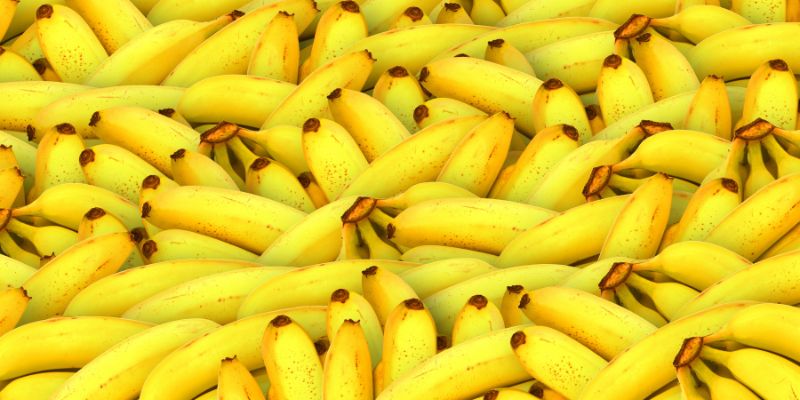
Bananas and Weight Loss: Unraveling the Truth Behind the Myth

Mastering the Art of Foot Care: Using a Pumice Stone for Soft Feet

Understanding Pronation and Overpronation in Walking and Running

Eating Right for Eczema: Best and Worst Foods Revealed
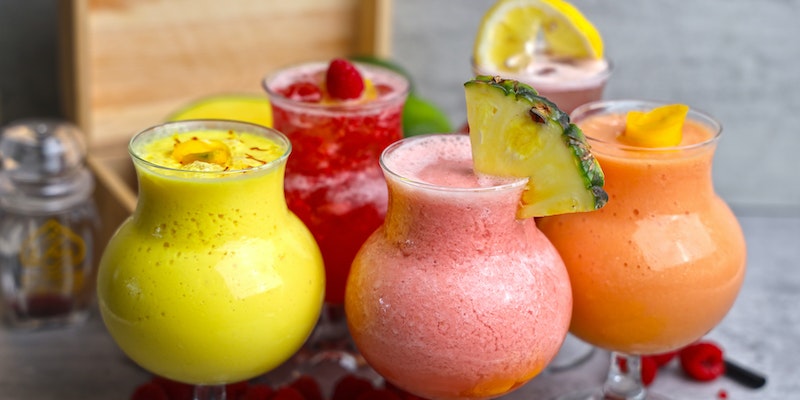
Liquid Calories: What You Must Know

Nausea After A Workout: Causes, Remedies, And Prevention

Essential Guide to Resuming Exercise Postpartum with Assurance and Vigor
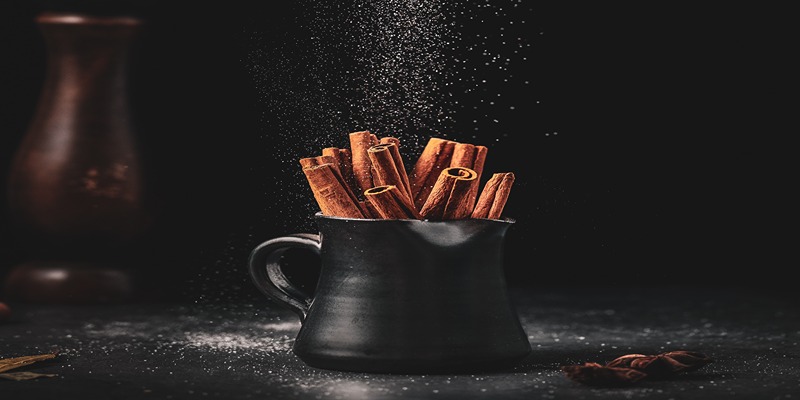
Cinnamon and Weight Loss: Exploring Myth and Reality
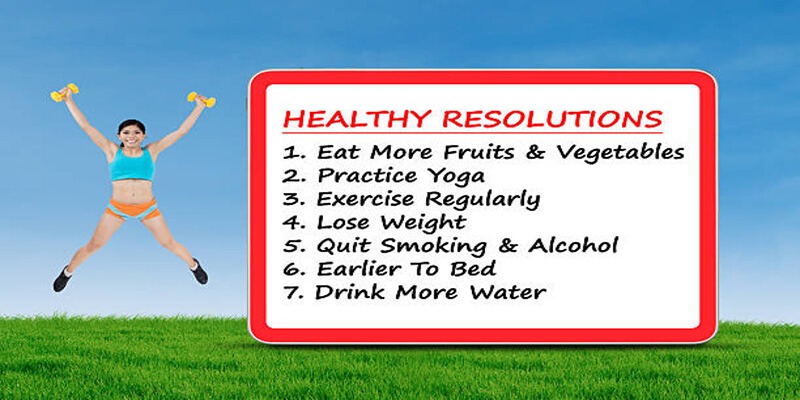
Fitness Hacks, Recommended By Personal Trainers:
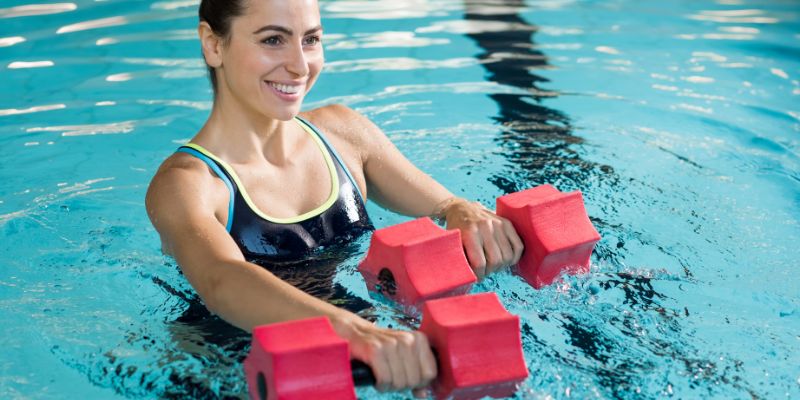
Easy Pool Workouts For Quick Fat Burn
